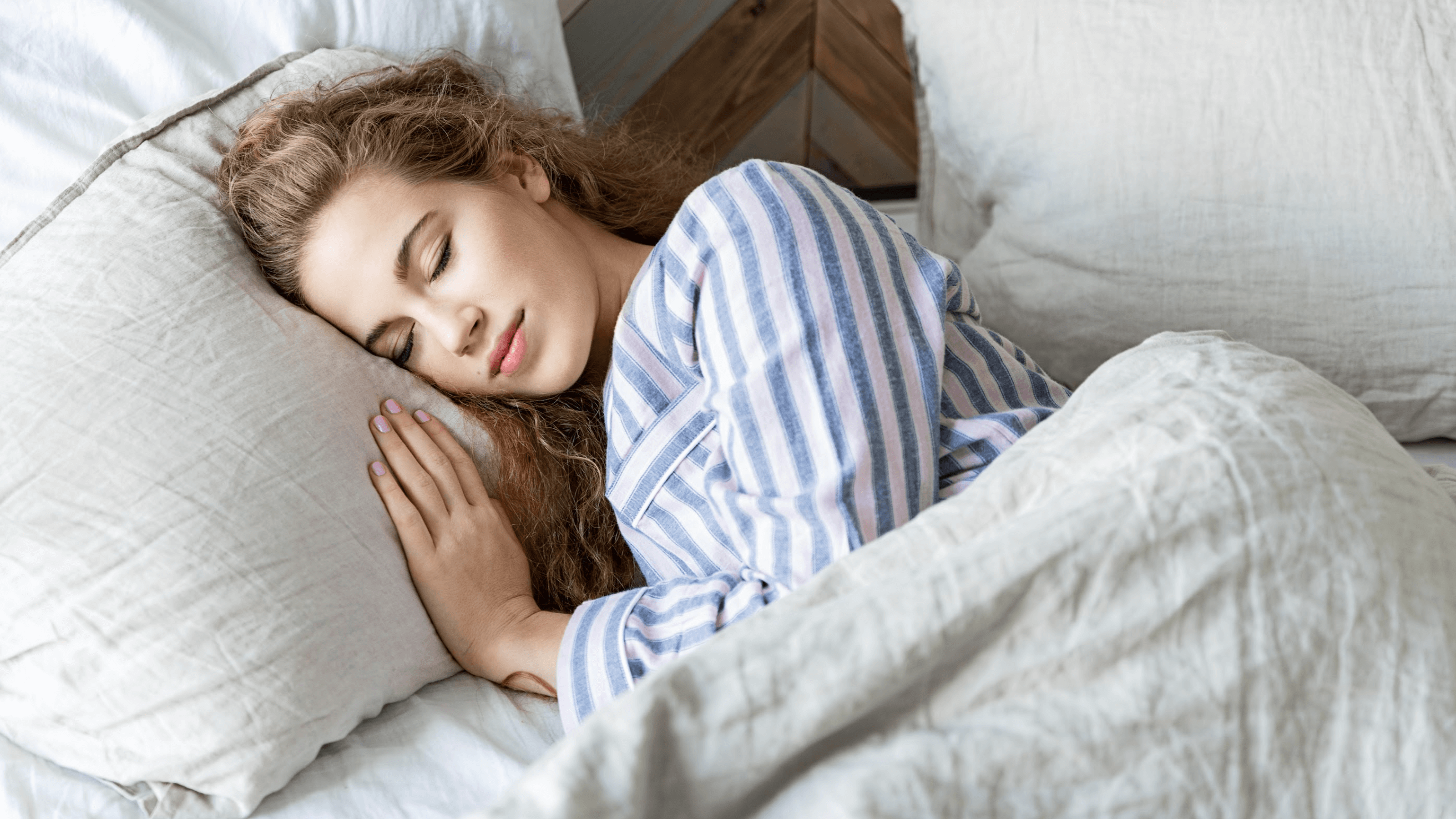What is the Best Way to Sleep With Shoulder Pain?
&srotate=0)
Shoulder pain is common and can interfere with a restful night's sleep. Persistent pain can bother us all day and interfere with our ability to recover both physically and mentally at night.
At Ospina Medical in New York City, NY, Dr. Matthew Kohler offer cutting-edge treatment options for a wide range of shoulder issues. While rest and posture are crucial to reducing shoulder pain, we offer Regenexx SCP and PRP injections to help alleviate symptoms.
Keep reading to discover what kind of sleep remedies we recommend when shoulder pain keeps you awake at night.
Why does my shoulder hurt when I sleep?
A few nights of shoulder pain after moving heavy furniture or another strenuous activity may be no reason to worry. But chronic pain, swelling, weakness, or limited range of motion in your shoulder often requires a doctor to help diagnose and treat, especially if you plan to sleep comfortably.
There are several reasons why your shoulder may hurt when you sleep, including:
- Rotator cuff injuries occur in the group of muscles and tendons that help move and stabilize the shoulder, resulting in pain and weakness.
- Bursitis causes pain and stiffness in the shoulder due to an inflammation of the bursae (tiny fluid-filled sacs that cushion the joints).
- Tendinitis is due to overuse or repetitive motions which cause inflammation of the tendons in the shoulder, leading to pain and stiffness.
- Muscle strains occur when the muscle fibers are stretched or torn, usually as a result of overuse or sudden, forceful movement.
- Ligament strains occur when the strong, fibrous bands of tissue that connect bones to each other and help stabilize the joints get stretched or torn as a result of overuse, sudden forceful movement, or trauma.
- SLAP tears (superior labrum from anterior to posterior) occur when the labrum (the ring of cartilage that surrounds the shoulder joint that helps to deepen the socket of the shoulder joint and provides stability to the shoulder) is torn from its attachment to the upper part of the shoulder blade due to repetitive overhead motions or a traumatic injury.
- Frozen shoulder (stiffening of the joint) is a condition in which the shoulder joint becomes stiff and difficult to move and can be caused by injury, surgery, or other medical conditions.
- Osteoarthritis or joint inflammation causes damage to the joints and results in pain and stiffness, especially at night.
What's the best way to sleep with shoulder pain?
Sleeping in a position that puts pressure on the shoulder joint can lead to pain and stiffness, especially if you sleep in the same position for an extended period.
Sleeping on your stomach or your side with your arm tucked under your head or body can put pressure on the shoulder joint, leading to pain and stiffness in the morning.
If you suspect you have a medical condition that's causing your shoulder pain, the first step is to contact Dr. Kohler to understand the cause of the pain and get accurate advice on sleep positions or tools for better sleep.
In general, people who sleep with shoulder pain wake up with less pain and stiffness if they use a supportive pillow, like a body pillow or wedge pillow, to help keep the spine in a neutral position and reduce pressure on the shoulder joint. These are best for side and stomach sleepers.
It's also important to have a comfortable mattress that supports your body and prevents pressure points, which aggravate inflammation and pain.
Get treatment for shoulder pain in New York City, NY
If you're experiencing shoulder pain that keeps you up at night, don't reach for the painkillers. Get advice on the cause of your pain so you can understand what's going on and how to prevent it from interfering with your sleep and ruining your day.
For advice and treatments for shoulder pain in Midtown Manhattan, schedule an appointment with Dr. Matthew Kohler at Ospina Medical in New York City, NY.